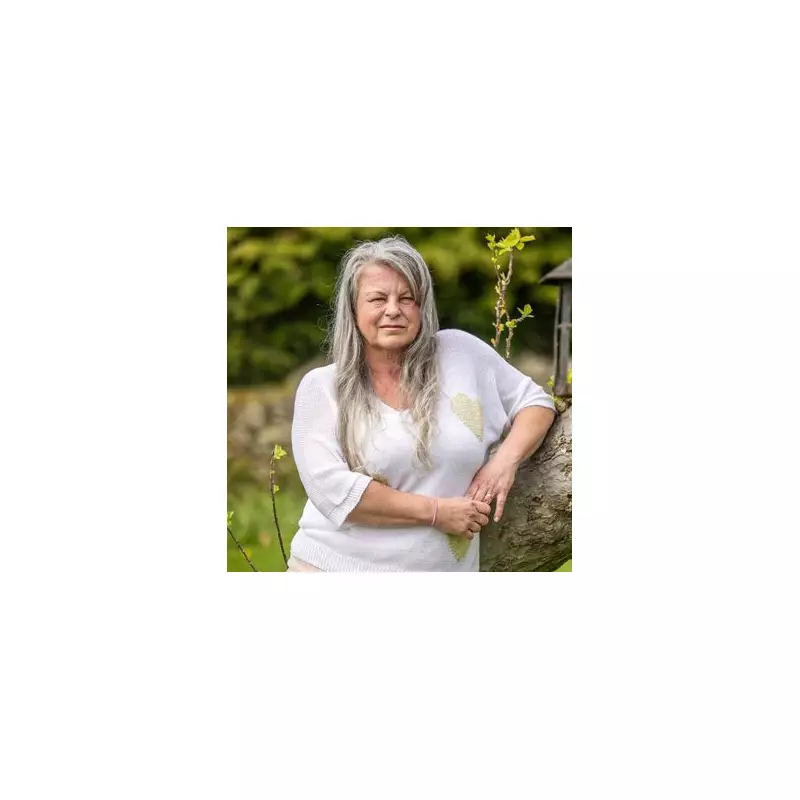
A widow who faced a police investigation after accompanying her husband to Dignitas for an assisted death says she has discovered profound peace as the House of Lords continues debating landmark legislation that could transform end-of-life choices in England and Wales.
The Investigation and Aftermath
Louise Shackleton, a mother of three, endured a ten-month police investigation for potentially assisting her husband Antony's suicide before learning she would not face prosecution. The Crown Prosecution Service concluded that the legal test for prosecution was not met in her case.
Her 59-year-old husband had been suffering from Motor Neurone Disease and made the conscious decision to travel to Switzerland on December 5th last year to avoid what he feared would be a horrifying death. Louise describes witnessing his beautiful death after sharing one final kiss with him at the Dignitas facility.
Historic Legislation Progress
The House of Lords is currently examining the private member's Terminally Ill Adults (End of Life) Bill, which would permit terminally ill adults in England and Wales to request assisted dying. The legislation passed its second reading in September 2025 and has now advanced to committee stage.
Parliamentary insiders indicate the bill remains on track for Royal Assent by next Spring, potentially creating historic change in UK end-of-life care. A special Select Committee has been established to scrutinise the proposed legislation in detail, focusing particularly on safeguards and application to long-term terminal illnesses.
A Personal Plea for Compassion
Louise, 58, plans to travel to London for Friday's committee stage debate and expresses concern about potential delays. It will take an extra year if the Commons take back control because they feel that the Lords are hindering progress, she warned. The terminally ill people of this country cannot afford that extra time limitation.
Reflecting on her emotional journey since her husband's death, Louise revealed: Over the last few months something has changed in me; it feels like a peace has overcome the panic. She attributes this transformation to the reassurance that organisations like Dignitas provide.
The pain of him dying is still here and my heart is broken but there is peace, she confessed. I realise that due to organisations like Dignitas I no longer fear my death. My life is worth living as I can afford to not suffer should an illness threaten me.
Louise passionately argues that assisted dying legislation represents the gift of life rather than simply focusing on death. An assisted death is actually about a beautiful life with peace without panic and anxiety with what might come, she explained.
She challenges the current legal inconsistencies: Right up until a terminally ill person says they would like an assisted death they are deemed as compos mentis. But when dying people make the decision that they want an assisted death everything changes and it is presumed they have an undiagnosed mental illness or their family is sinister.
The Lords have allocated four Fridays between now and year-end for committee stage discussions, with potential additional sessions in the New Year. The report stage is scheduled around late January, followed by votes on amendments in both Houses.
With the parliamentary session timeline, many believe there remains sufficient opportunity for this historic legislation to receive Royal Assent before Spring, potentially transforming end-of-life care for thousands of terminally ill Britons.





